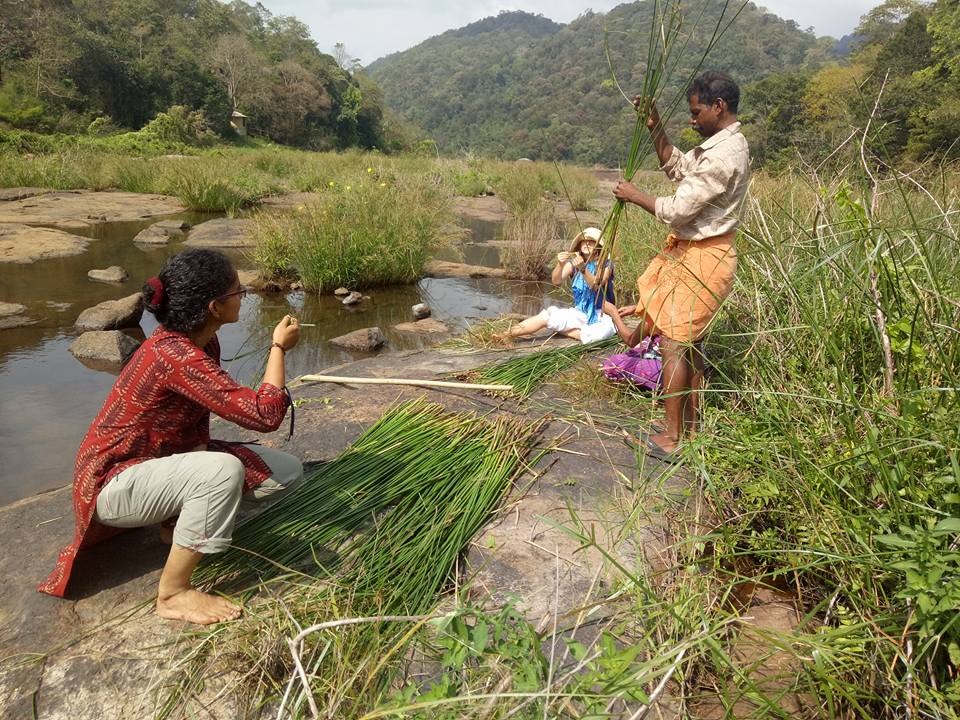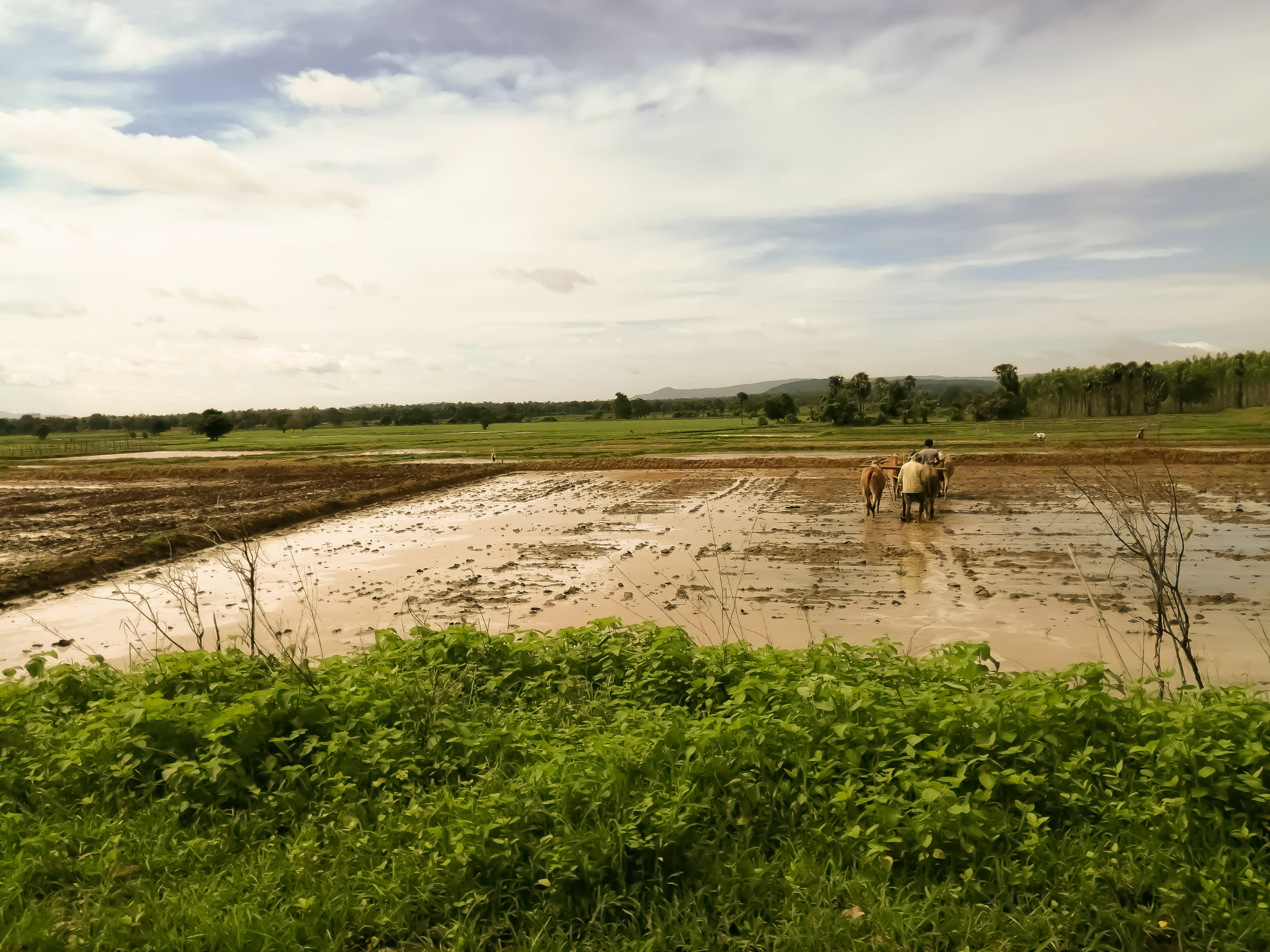Author: Kurian
The global ecotourism market size is expected to reach USD 385.01 billion by 2028, according to a new report by Million Insights. It is expected to expand at a CAGR of 10.3% from 2021 to 2028. Geographically, India is an advantaged country for facilitating ecotourism in all spheres. However, at the same time, forest is a livelihood for more than 8 percent of scheduled tribes and indigenous people in India. They are largely concentrated in ten states and in the North-East. These communities depend on forest for minor forest products (MFPs) for subsistence and income.
A report published by Indo-Global Social Service Society mentioned that the non-timber forest produce sector is one of the largest unorganized sectors and more than 275 million population of India (27% of the total) depend on non-timber forest produce.
So, if India is planning for ecotourism development, it should consider involving primary stakeholders; and decentralized decision making to achieve economic and employment goals. Forest Post is one of such attempts, where community led enterprises have also been empaneled under TRIFED. the venture was recently recognized by Outlook Responsible Tourism awards in the category of sustainable leadership conservation.
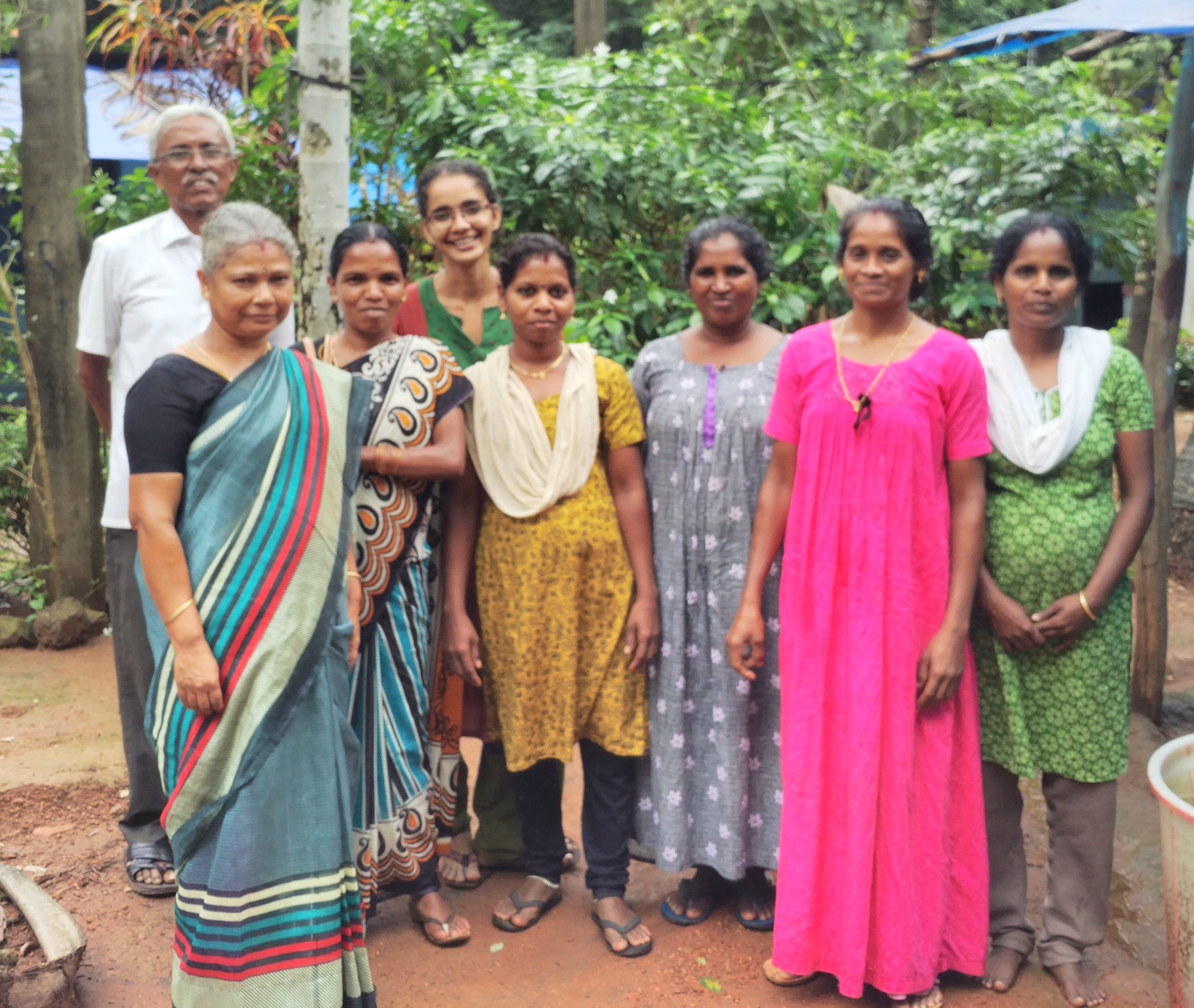
Forest Post works with indigenous women’s enterprises that are scattered in six villages in the Chalakudy and Karuvannur river basins of Western Ghats in Kerala. Dr. Manju Vasudevan, founder, says they help to assert value to a whole range of forest produce. They engage with minor forest produce gatherers and bring together women’s groups trained in value-addition.
“We work with each community distinctively, keeping in mind their interest and skill sets. For instance, the Kadar tribe has a rhythm that doesn’t necessarily fit the long-term commitment required for enterprise-building. So, the organization conducts events around foraged foods and documentation trails with them. The Kadar form the foundational MFP network, through whom most rare wilds are harvested”, says Dr Manju Vasudevan, Founder, Forest Post.”
“Then, there are, the Malayar people. They are mostly distributed in the Karuvannur river basin. For them, fair wages are assured to women working at beeswax and wild food value addition enterprises. They manage post-harvest production”.
“The, Muthuvar, Malai Arasar and Mannan tribes live in the Edamalayar valley. They are bamboo weavers and grow coffee and pepper under rainforest trees. In these communities we conduct design intervention trainings to improve and diversify the production line.”
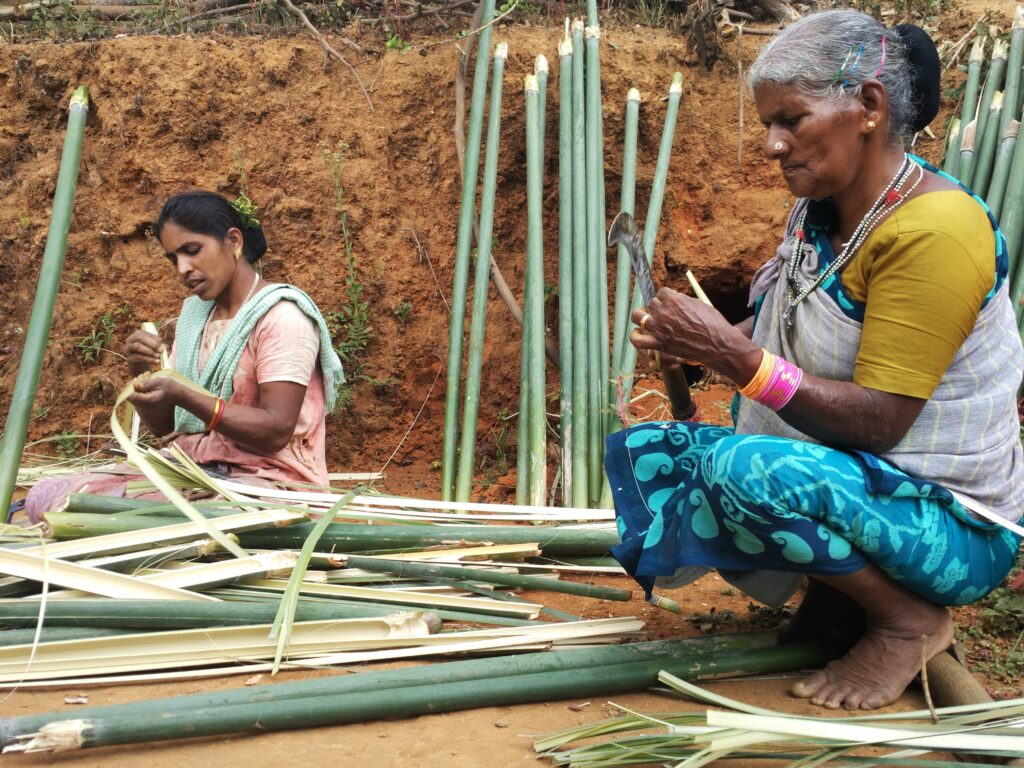
Forest Post has a relevant community approach, however finding market support for the produce is one of the challenges. Unlike honey and resin, market prices fluctuate heavily for most of the minor forest produce. Another challenge is in the form of planning. Since, minor forest produce comes from wild plant resources, one needs to factor the seasonality and abundance in the wild before planning a harvest. Often these are long trails through wild terrain. The risk is too high even if there are incentives for collecting. Forest Post sees value in partnerships and collaborations with like minded groups to find fair markets for MFPs.
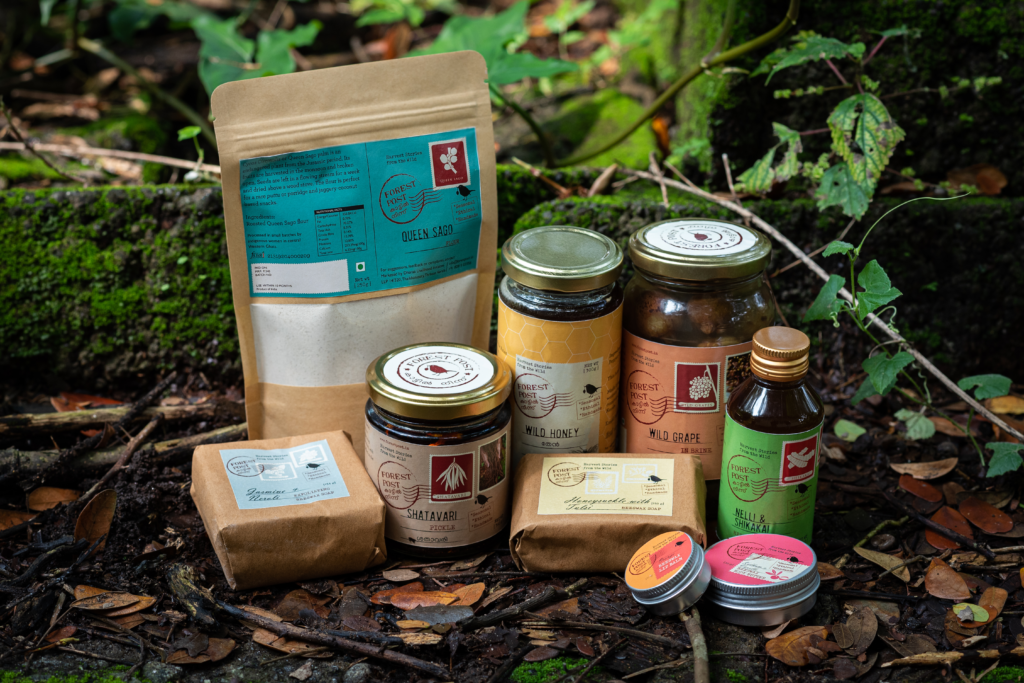
“Conservation is the center of our approach. If a particular MFP is sought after by wildlife, we do not plan value-addition around it. Our team is constantly factoring the various elements in the procurement of a given MFP, especially if it is one with no market value. One is from the angle of how much of a resource can be harvested without jeopardizing conservation-even if it is a traditional practice-for it to be value-added and marketed
Dr. Manju Vasudevan believes that implementation of Community Forest Rights (under the FRA Act) without dilution, is a key in asserting value for forest produce. Agencies such as TRIFED and Forest Development Agency (FDA) are proactive in the lending market to support minor forest produce. Forest Post is planning to support more indigenous communities in the Western Ghats and slowly expanding if possible other parts of India as well.
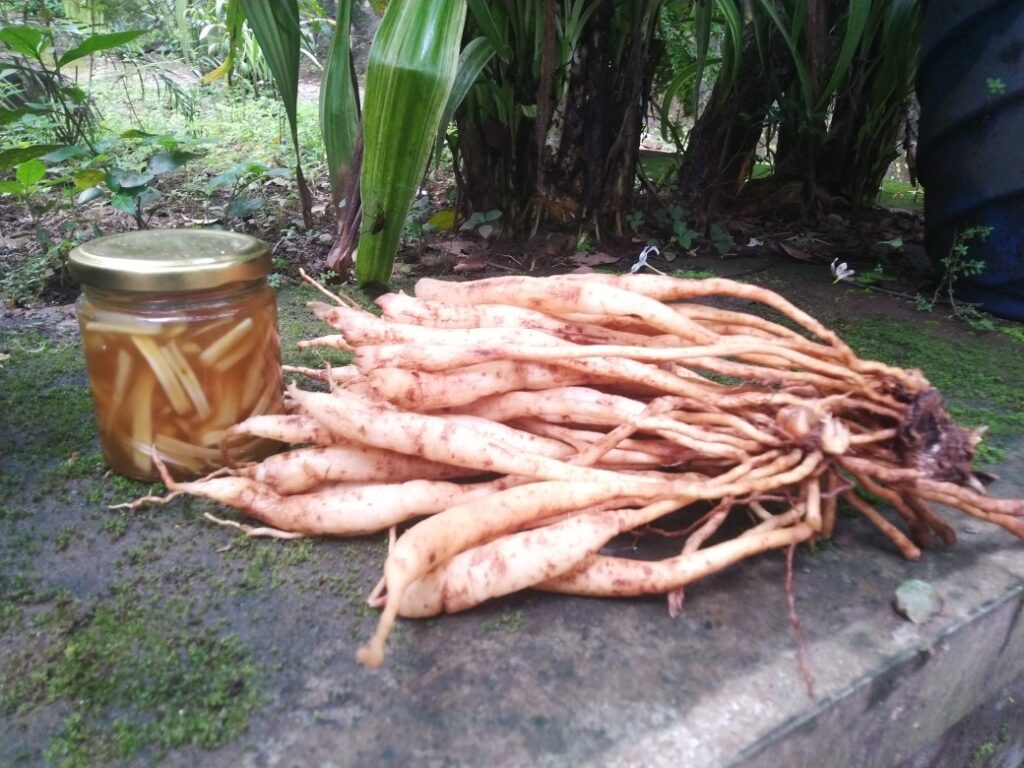
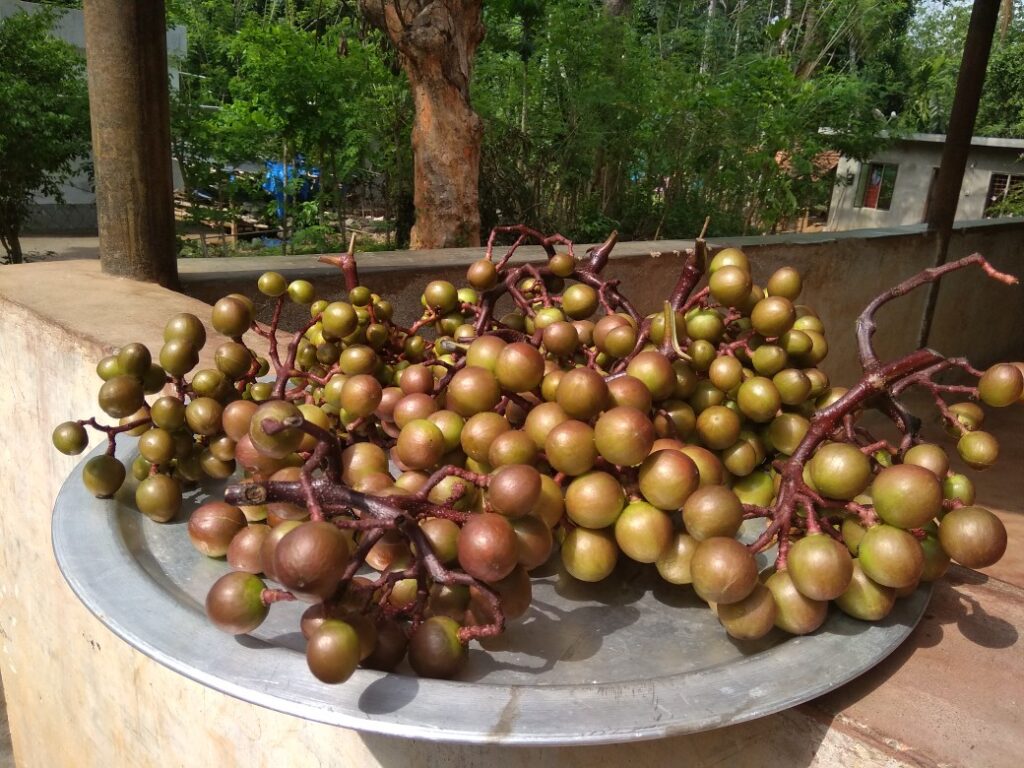
What are your collaborative community actions for Green Recovery?
Share your green story!
Photo credits: Forest Post


